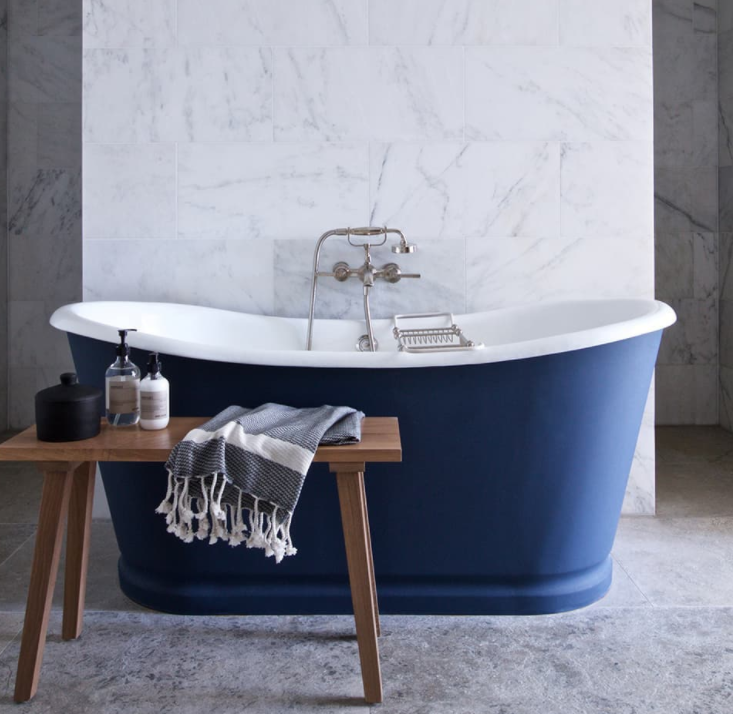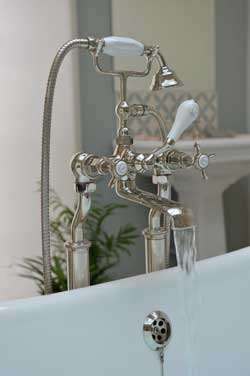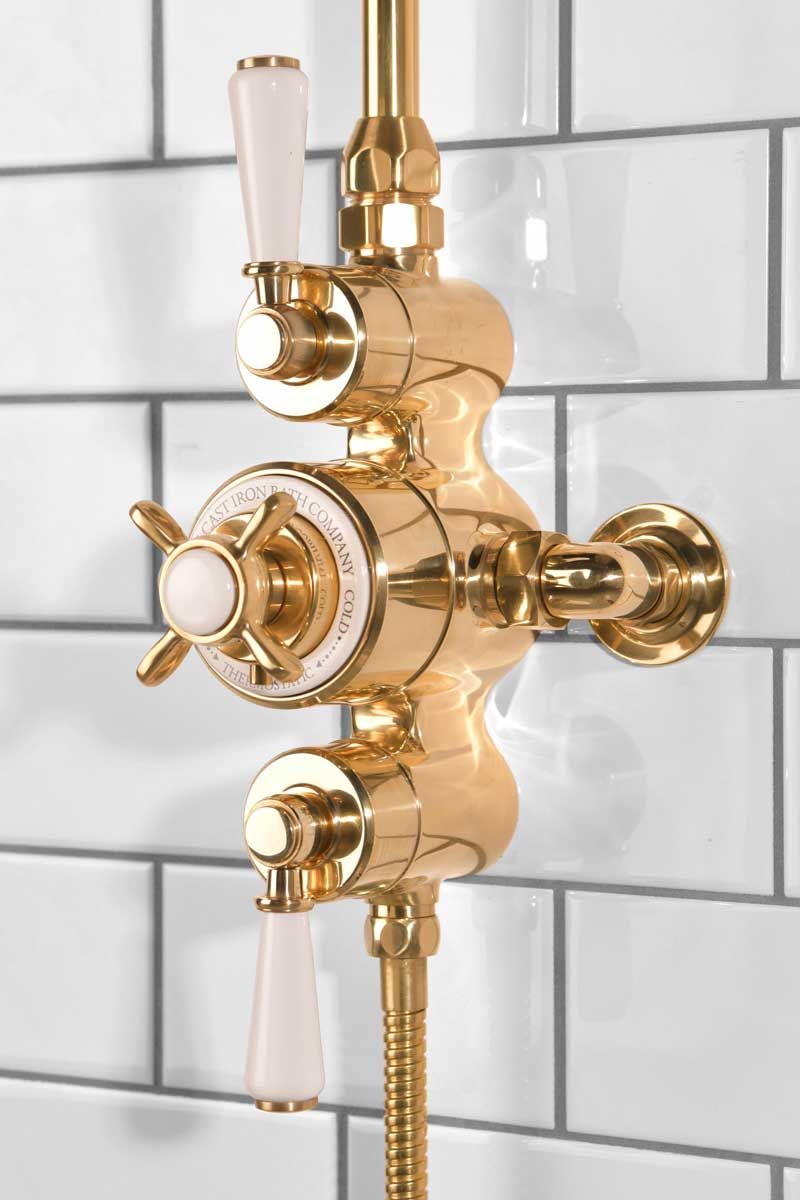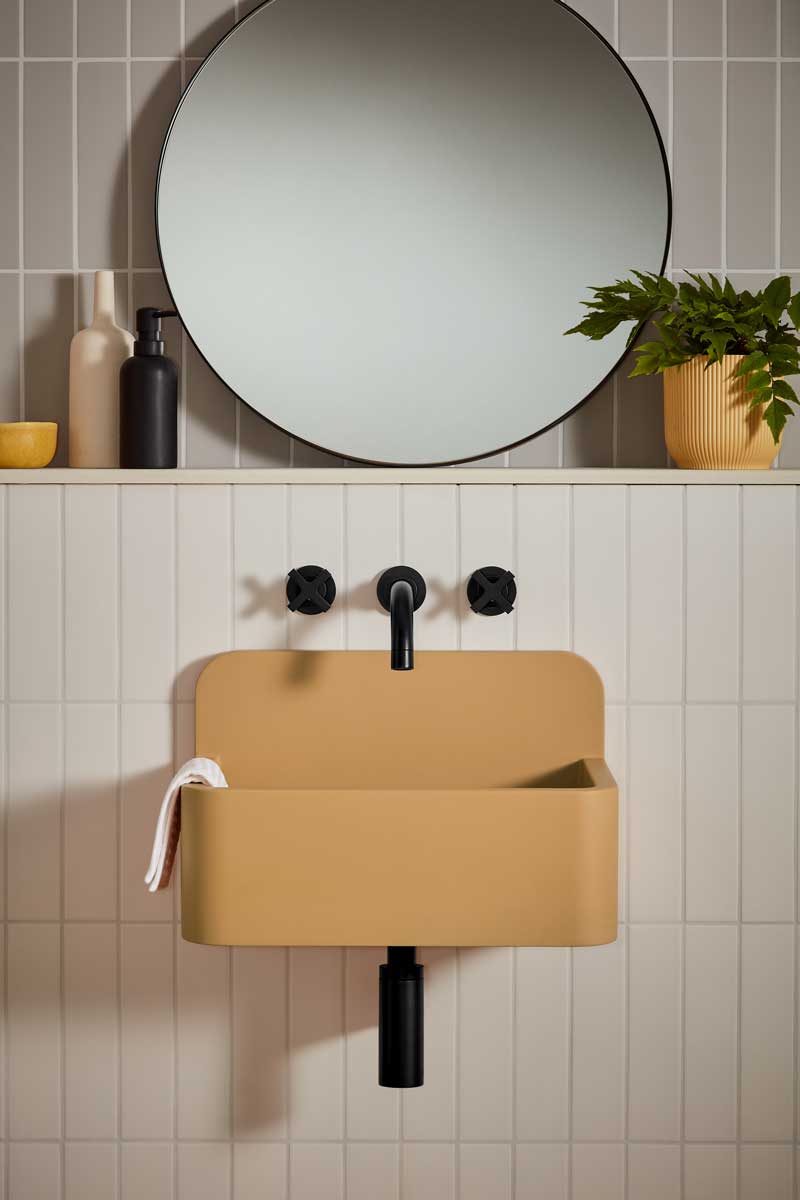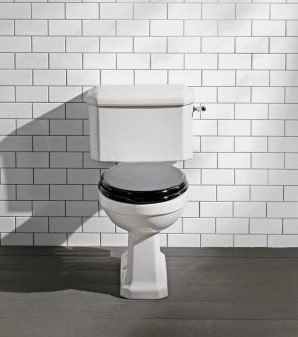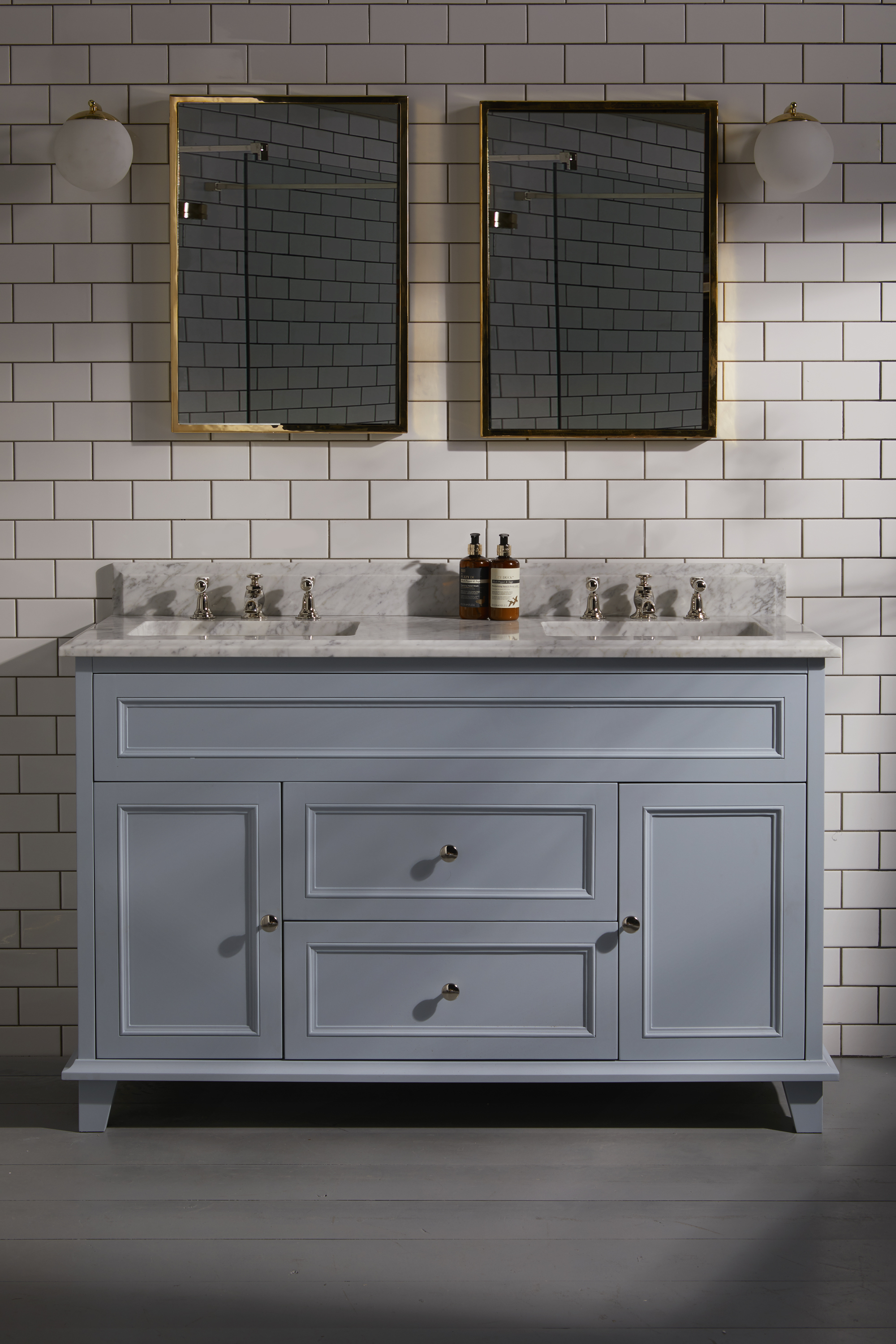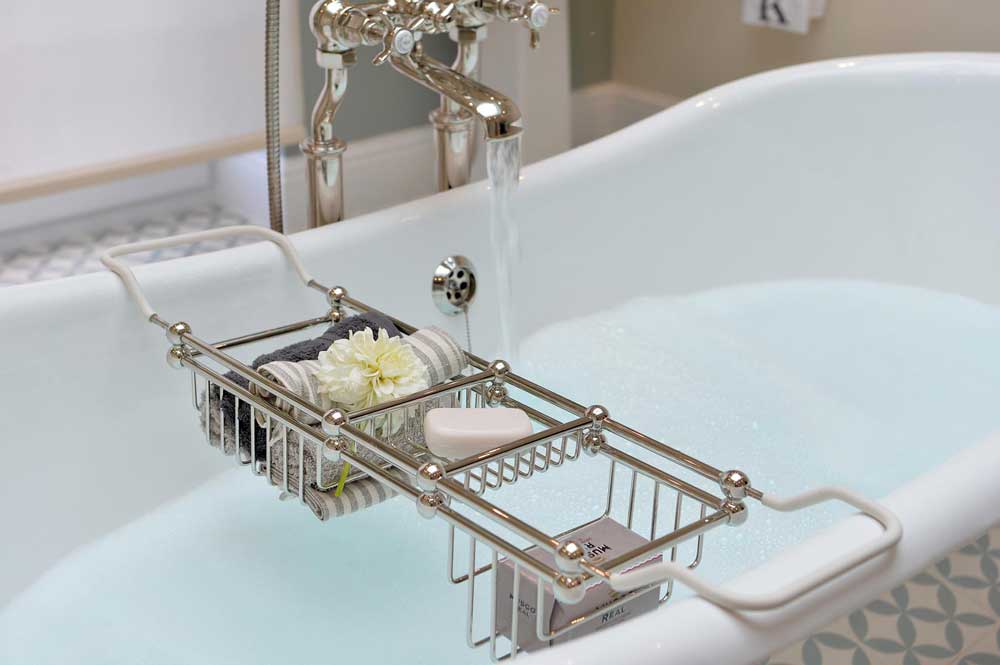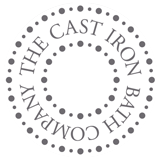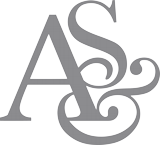It is important that you have a good idea of the level of water pressure in your home as this can have an impact on selecting the tapware and shower for your home.
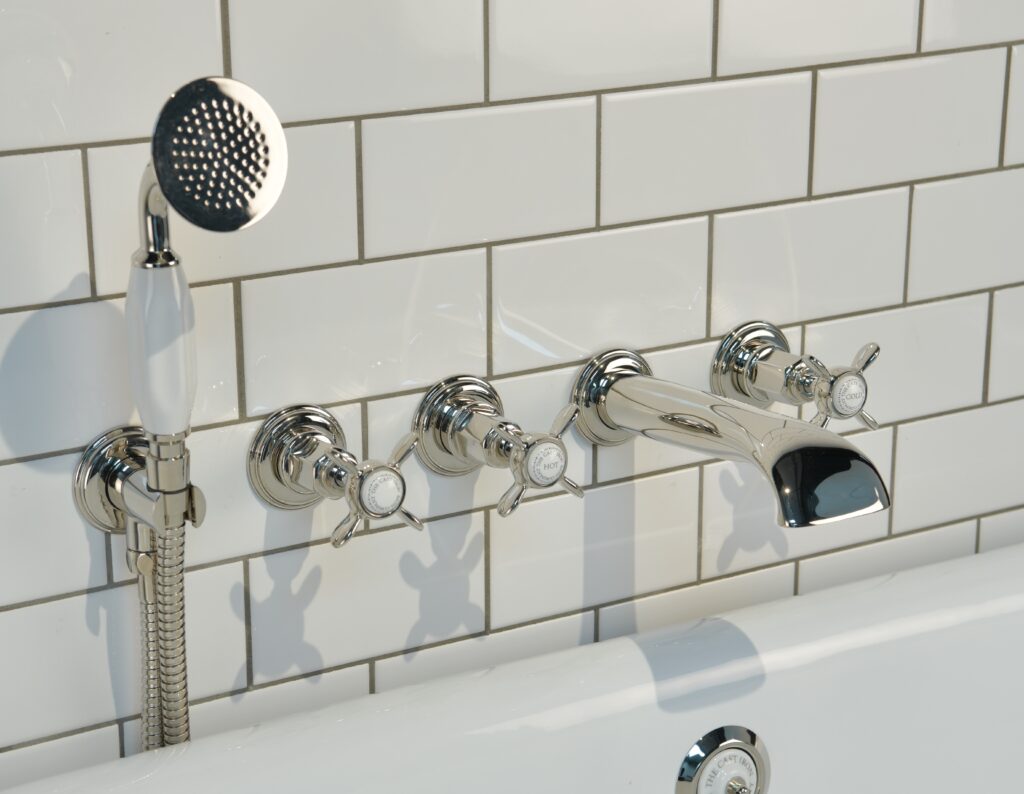

Water pressure refers to the force exerted by water as it flows through your plumbing system. It is measured in bars, with 1 bar equivalent to the force needed to raise water to a height of 10 meters. Initially, water enters your house at the cold "mains pressure." However, the water pressure may change when it is heated by your heating system.
Our tapware and showers are designed with specific minimum pressure requirements, typically ranging from 0.5 to 3 bar. For detailed information, please refer to our specification sheets.
Central Heating Systems:
Gravity-Fed System: In a gravity-fed system, you have a cold water tank and a hot water cylinder. The water pressure is influenced by the position of the cold water tank. Generally, a drop of one meter from the tank to the tap results in approximately 0.1 bar pressure. As the cold water tank is usually located in the loft, the water pressure in your bathroom is often lower than in the kitchen. Gravity systems typically have low water pressure, which may limit the selection of compatible tapware and showers. Installing a pump could potentially improve the water pressure in your bathroom.
Combination Boiler: A combination boiler controls the supply of hot and cold water. Since water comes directly from the mains supply, most tapware and showers are suitable for this type of boiler. Typically, combination boilers provide a pressure between 1 and 2 bar, although the age and quality of your boiler can affect this. Many combination boilers display a water pressure reading on the front panel.
Unvented Water System: With an unvented water system, you have a wide range of tapware and showers to choose from. Water is stored in a main water cylinder, which is kept under constant pressure by the incoming mains supply. It is then heated by a separate boiler. This system ensures consistently high water pressure, even with multiple bathrooms and outlets.
It is important to note that factors such as leaks, faults, and bends in the pipework can affect your water pressure. If you're uncertain, we recommend consulting a qualified plumber to measure the water pressure in your home.
For further information, please consult our pressure and flow rate charts or reach out to our team for assistance.

